Moldova: Climate resilience
Moldova's population faces many problems related to climate change, such as declining soil fertility, drying up of water basins and the negative effects of CO2 emissions on their health.
PIN Moldova stands by the people affected by these problems, especially the vulnerable population, with limited capacity to cope. First and foremost, our projects aim to raise awareness about environmental problems in Moldova. People need to gain more knowledge about the elements that have a direct impact on their health - water, air and soil quality.
Secondly, we aim to increase the capacity of the affected population to adapt and combat the negative effects of climate change. We stand by farmers who are facing difficulties in the production process, encouraging them to practice sustainable agriculture. In the long term, we can contribute to improving the quality of life of Moldova's population and promoting environmentally friendly economic activity. We take care of the environment today, with our future in mind.
Our main areas of focus are:
- Climate resilient food and livelihood systems: here, we take a systems approach to livelihoods to improve food and nutrition security in climate-change vulnerable areas. This approach means analysing the root causes of poverty and nutrition insecurity, using a gender lens to identify the challenges the target group faces, and using a participatory process to identify opportunities and potential solutions. Approaches within this thematic area may include support to diversify livelihoods, such as food processing and marketing, debt relief and establishing links with social protection services, and supporting existing agricultural livelihoods.
- Productive and climate resilient landscapes: here, we address environmental degradation and the climate change-induced changes to the land, water and other resources people depend on for such things as agricultural productivity. Analysing geohazards alongside existing agricultural and livelihood practices is essential to providing a holistic solution that protects communities from the impact of natural disasters. It enhances agricultural productivity, livelihoods, and food security. Our response within this thematic area engages all key stakeholders, and our approaches include Early Warning Systems, Climate Smart Agriculture and Natural Resource Management techniques.
Past aid programmes
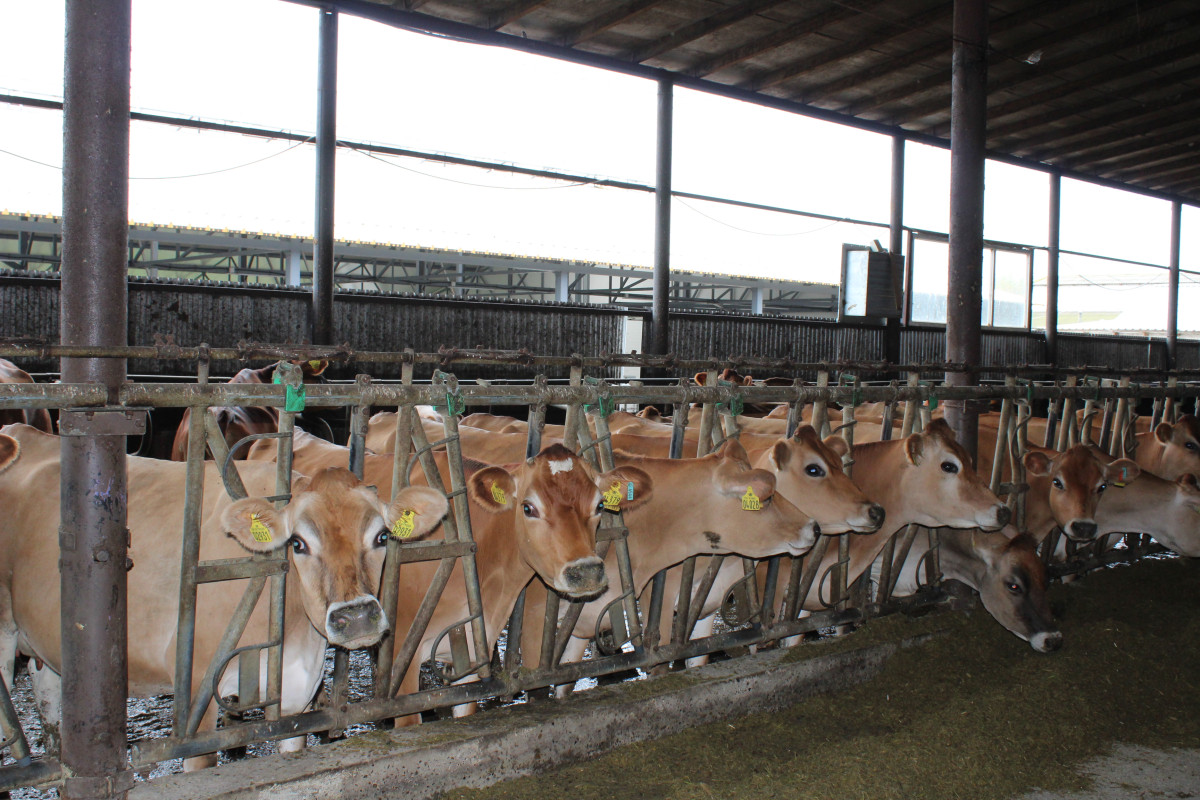
Modernizing, Innovating, and Leveraging Knowledge for the Moldovan Dairy Sector
The dairy industry is a key sector for the domestic economy in the Republic of Moldova. However, since Moldova’s independence in 1991, milk production has been in constant decline. The decline is caused by difficulties within the milk production process, quality control, veterinary services for animals and coordination of market players. People in Need (PIN), with financial support from the Czech Development Agency, launched the MILK project to support this strategic sector to develop good domestic economic conditions. MILK’s objective is to improve the economic conditions for small and medium-sized cattle farmers in Moldova by strengthening the dairy sector’s efficiency and value chain. Attention is also directed at applying a modern approach to developing market systems and harnessing the knowledge and potential of experts from the Czech Republic and Moldova. MILK will be implemented in the northern districts because around 50 % of the total milk produced in the country is produced there. Meanwhile, the project aims to facilitate farmers' access to veterinary assistance, pasture and quality fodder, and training services. The project will also run an information campaign targeting cattle farmers on good dairy farming practices.
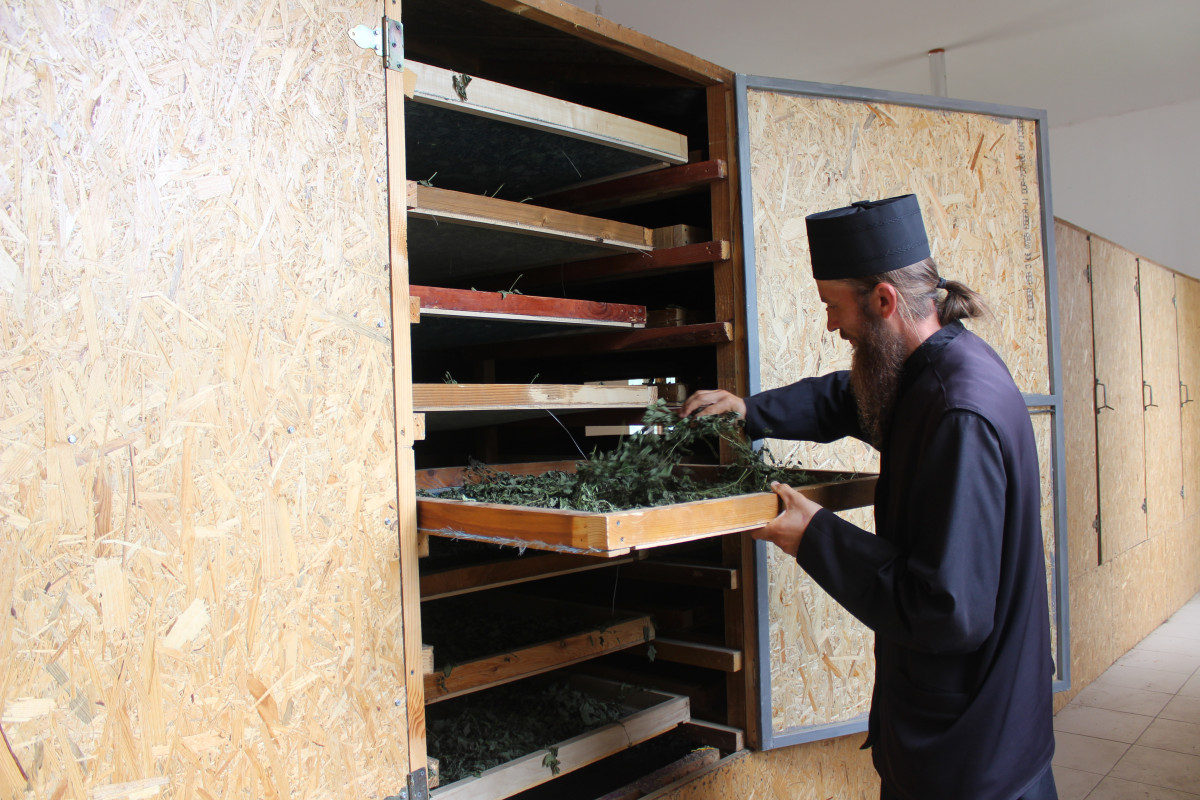
Business development in the North of Moldova
This project aimed to respond to challenges and problems existing in the region related to the migration of labour force, insufficiency of employment opportunities, disparity between the offer of colleges and universities and labour market demands, as well as lack of business infrastructure. The main focus was to support start-ups and business incubators in the Northern region in order to create conditions for closer cooperation among small and medium sized enterprises (SMEs) and to expand the sector of SMEs in the region.
The project helped to create three sectorial business associations and assisted their development. It provided support to business incubators in the towns of Soroca and Sîngerei and capacity building of their residents; mentorship, coaching by international experts, and micro grants to local SMEs and start-ups. The project team also worked on strengthening the position of Regional Development Agency North (RDA North) in providing services for entrepreneurs regarding investments and business development, on facilitating the connection between higher education and business sector, as well as on improving the information sharing for rural businesses through local public authorities.
All project activities were implemented by People in Need Moldova together with project partners RDA North and NGO ‘Pro Cooperare Regională’.
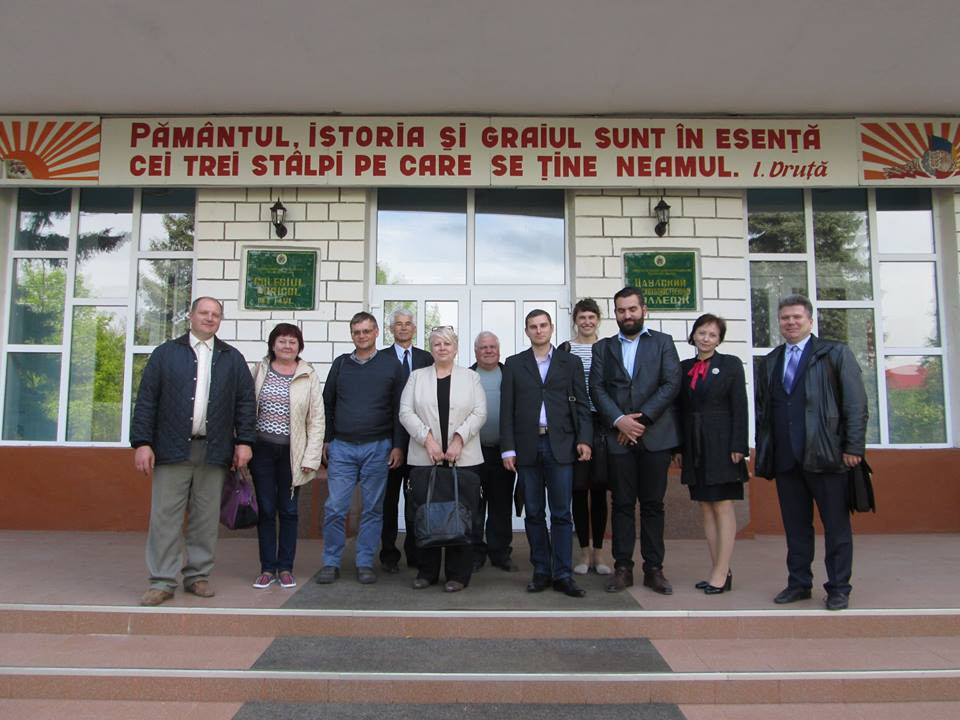
Standardization of viticulture education
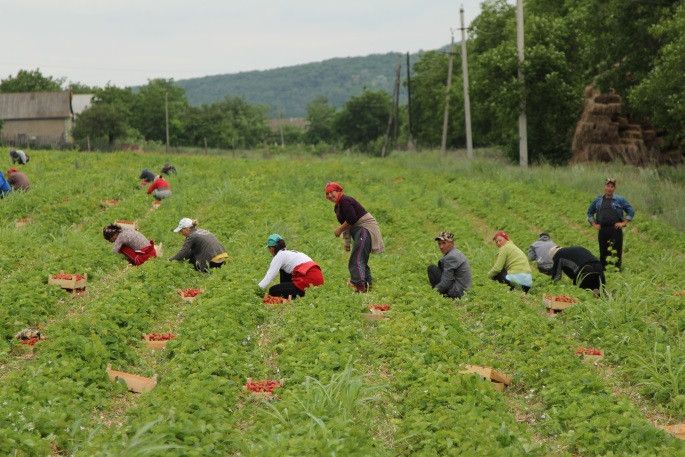
Development of Marketing Cooperatives
Our goal was to secure continual presence of agricultural products from small and medium-sized farmers on the local market. The aim was to ensure food safety and improve the quality of life of these producers. PIN helped the cooperatives to optimize their existing conditions and business strategies. We provided them with know-how in the area of management and marketing of agricultural products.
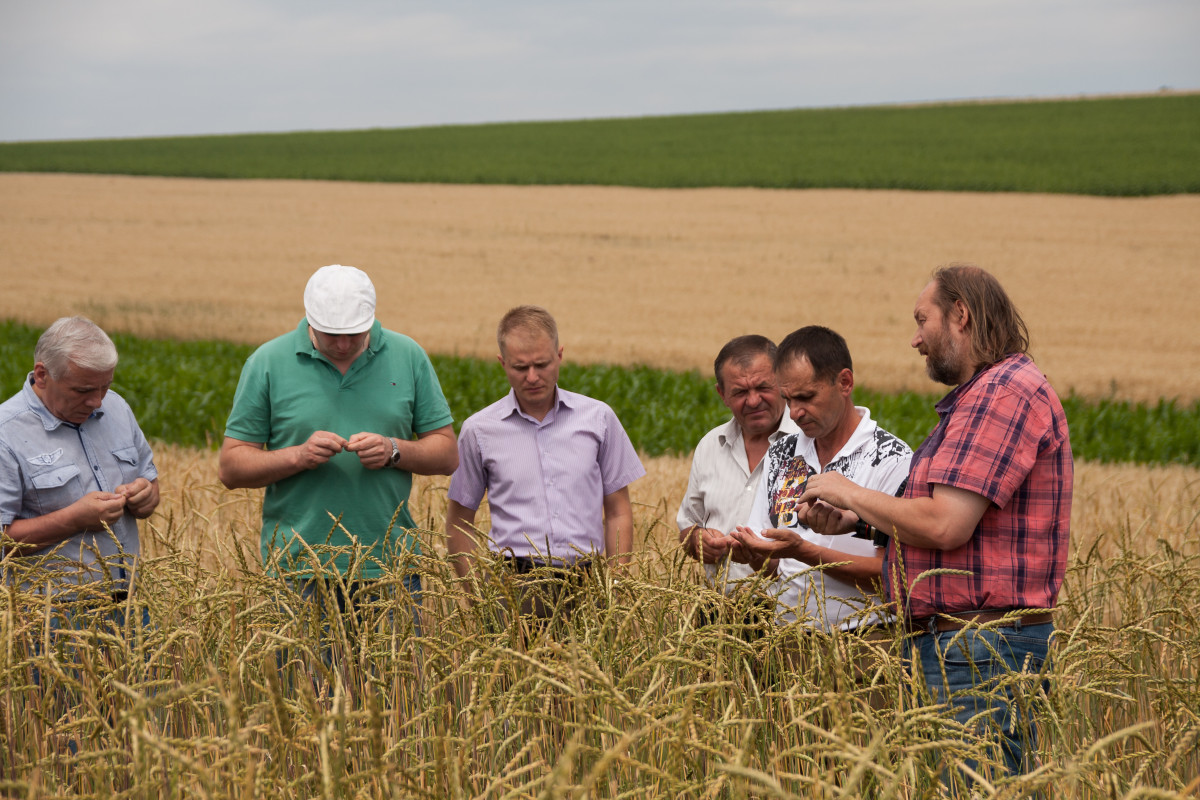
Support to the organic agriculture sector
Since 2011, People in Need has been supporting the development of organic agriculture in Moldova, aiming at building up the sector for exports as well as for the domestic market. To achieve this, PIN has been partnering with different stakeholders such as local organizations (EtnoGastronomica, MOVCA) that promote organic agriculture in the country and private companies (PROBIO and PROGRAIN Organic) with whom we worked on developing organic agriculture knowledge and for whose farmers we provided intensive trainings on organic agriculture techniques and certification principles and procedures.
To build up in-country knowledge on organic agriculture, PIN has developed a curriculum for farmers and has trained a group of more advanced learners on organic agriculture with the help of international experts. Small grants were also part of our strategy to help the organic sector develop and provide an opportunity for organic growers to invest in needed equipment.


